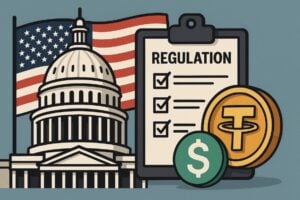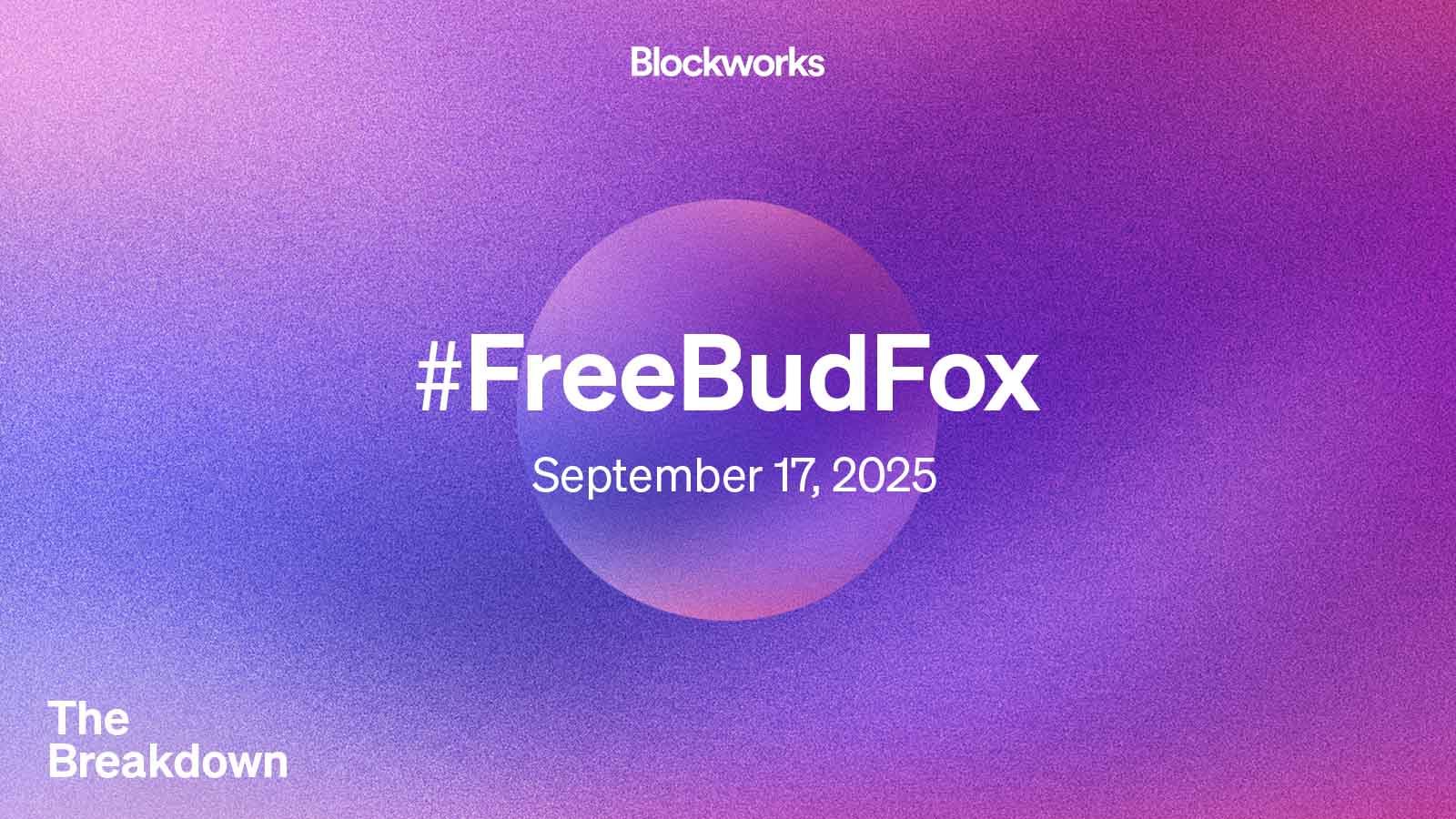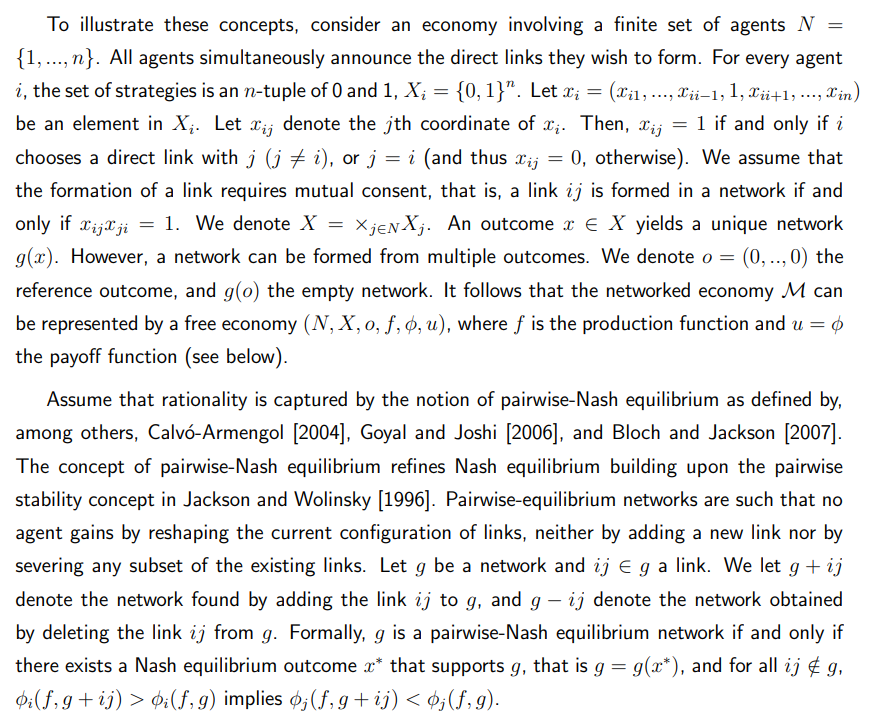GENIUS Act and USA₮: Tether launches the stablecoin compliant with the new U.S. regulatory framework

In the new regulatory framework for stablecoins in the United States, the GENIUS Act – the regulatory framework aimed at defining clearer standards regarding transparency, reserves, and asset control – is taking on a central role.
Recently, Tether unveiled USA₮, the new stablecoin specifically designed for the U.S. market and compliant with the requirements of the GENIUS Act.
According to industry reconstructions reported by Reuters and in line with the recommendations of the President’s Working Group on Stablecoins, the consultation work between authorities played a key role in defining the application principles.
According to data collected by market analysts I collaborate with, the consultation cycle involved more than ten institutional stakeholders and fintech companies.
I directly followed the coverage of the meetings and communications between March and September 2025, which confirm the weekly cadence of the working groups and the fast pace of the regulatory process.
Context: who are the GENIUS Act and USA₮
In recent weeks, Bo Hines – former director of the White House Crypto Council and now appointed CEO of the Tether USA₮ division – outlined the main objective of the GENIUS Act during a speech at TOKEN2049 Singapore.
In this context, according to Hines, the regulatory package represents the “first building block” to provide stablecoins with prudential requirements and more robust operational transparency mechanisms in the USA territory.
Timing and Method: The Story of Bo Hines
Hines explained that the work on the new benchmark bill was extremely intense yet streamlined, completed in about six months (between March and September 2025) thanks to weekly coordination among the main federal agencies involved.
That said, according to sources like Reuters, these meetings saw the participation of authorities such as the SEC, CFTC, Treasury, Department of Commerce, and the main banking authorities, thus contributing to the definition of a “balanced and robust” standard.
- Working group meetings: weekly schedule.
- Involved parties: SEC, CFTC, Treasury, Department of Commerce, and banking authorities.
- Stated objective: define prudential standards, transparency, and interoperability.
The regulatory framework: principles and areas of application
The GENIUS Act, as described by the officials, aims to replace obsolete payment rails and introduce a multi-level oversight system for stablecoin issuers.
In fact, the plan includes strict requirements in terms of reserves, risk management, and asset segregation, along with obligations for periodic attestations and disclosures on anchoring mechanisms, to facilitate smoother integration with the traditional financial system.
- Prudential requirements: reserves, risk management, and asset segregation.
- Operational transparency: periodic attestations and disclosure on anchoring mechanisms.
- Banking interoperability: technical adjustments to facilitate integration with the financial system.
This new regulatory framework is designed to encourage the adoption of stablecoins by institutional entities, while ensuring a shared supervisory perimeter among various regulators.
USA₮ by Tether: a “compliance-first” approach for the US market
Tether has announced the development of USA₮, a stablecoin designed to operate exclusively in the US market, fully compliant with the requirements of the GENIUS Act.
It should be noted that the initiative, according to various reports, aims to support faster transactions and settlement processes with high traceability and regulatory governance.
Target and Use Cases
Bo Hines has indicated that the initial focus will be on institutional partners, with roll-out and collaborations being defined.
The project involves integration with banking networks and treasury solutions, paying particular attention to accounting and reconciliations, in order to ensure a solid and lasting adoption of the new digital asset.
Transition, Risks, and Future Prospects
The push towards clearer regulatory standards follows the recommendations of the President’s Working Group on Stablecoins and the international guidelines provided by the Financial Stability Board (FSB) (July 2023).
However, the precise calibration of requirements on reserves, auditing, interoperability, and consumer protection, as well as the correct balance of responsibilities between federal and state authorities, remains to be defined.
Furthermore, banks’ adherence will depend on overcoming technical-operational challenges and clarity on anti-money laundering and custody procedures.
Brief Timeline
- Definition of the GENIUS Act perimeter: approximately 6 months according to Bo Hines (March–September 2025).
- Inter-agency coordination: weekly meetings.
- USA₮: selection of partners and definition of the distribution plan in progress.
FAQ
Does the GENIUS Act facilitate the regulation of stablecoins? Yes: it introduces common principles of transparency, reserves, and controls that ease banking integration and promise greater security for institutional use.
Conclusion
The path outlined by the GENIUS Act represents an important operational step towards more predictable regulatory standards for stablecoins in the United States.
In this scenario, Tether’s USA₮ initiative aims to position itself within a context of strict regulatory compliance, with Bo Hines leading the new USA₮ division, while the market and authorities continue to refine the technical details and guarantees necessary for large-scale adoption.
You May Also Like

Let insiders trade – Blockworks

The Economics of Self-Isolation: A Game-Theoretic Analysis of Contagion in a Free Economy
